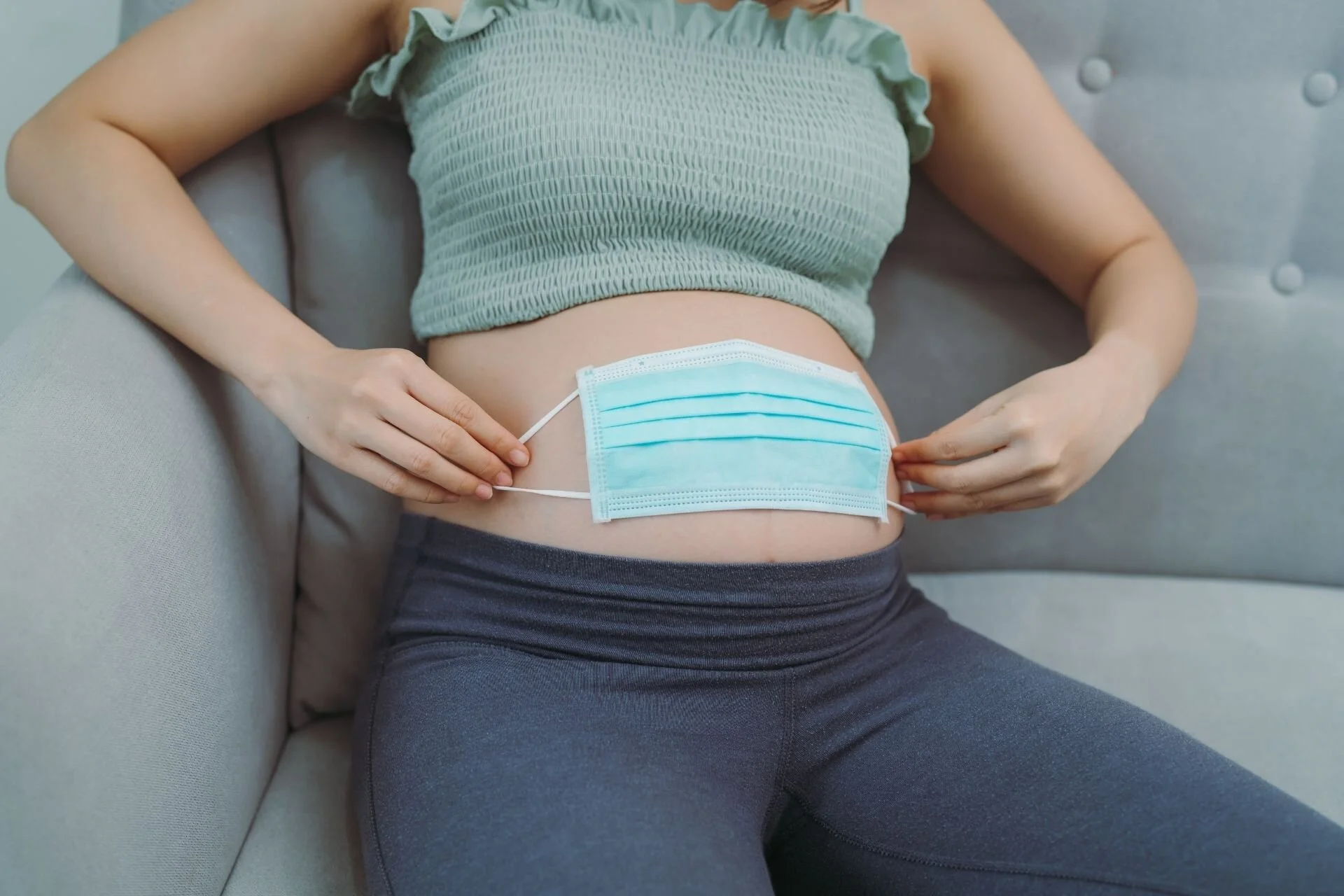COVID-19 and pregnancy
We know a lot more about COVID-19 and pregnancy now than we did 12 months ago. In the first phase of the pandemic last year, we were well prepared at Westmead Hospital but did not have any pregnant COVID-19 admissions. I am the Head of Department of Obstetrics & Gynaecology at Westmead and we are the designated COVID-19 O&G hospital for Western Sydney. In this phase of the pandemic with the Delta variant we have so far seen three women admitted with COVID-19 related illness in pregnancy. Some have developed severe illness.
The effect of pregnancy on COVID-19
Initial thoughts about COVID-19 suggested that pregnant women did not fair worse than non-pregnant women in a similar age range. We now know this to not be correct. Being pregnant significantly increases (approximately doubles) the likelihood of developing severe illness, defined as requiring ICU admission +/- invasive ventilation. Rapid deterioration occurs more commonly in pregnancy. Pregnant women with risk factors (age >35 years, obesity, other co-morbidities) are at particularly high risk of adverse outcomes. Likelihood of death does not appear to be increased.
Pregnancy does not appear to increase susceptibility to COVID-19 infection and the presenting symptoms of infection are very similar between pregnant and non-pregnant populations.
The effect of COVID-19 on pregnancy
It became evident fairly early in the pandemic that maternal COVID-19 illness might be associated with an increased likelihood of adverse pregnancy outcomes. We now know this to be correct. There is however no increase in miscarriage or congenital anomalies. There is an increased risk of preterm birth (approximately 50% increase), hypertension and pre-eclampsia. Stillbirth data is difficult to interpret; there may be an increased risk, especially in women with severe and critical illness. If delivery is necessary in women with severe or critical illness it will usually be via caesarean section. Otherwise COVID-19 does not influence mode of delivery.
What about the baby?
Mother and baby should remain together following birth unless there are specific reasons to recommend otherwise. Breastfeeding should be encouraged with precautions (maternal hand hygiene and mask). Congenital infection is reported, so the baby requires COVID-19 testing. Neonatal morbidity is predominantly related to the increased rate of preterm birth.
COVID-19 vaccination in pregnancy
I encourage pregnant and breastfeeding women to get vaccinated. ATAGI and RANZCOG both recommend that the mRNA vaccine (Pfizer) be used at all stages of pregnancy. As of 23/7/2021, pregnancy meets the eligibility criteria for Pfizer vaccination. So, here’s what we know about COVID-19 vaccination in pregnancy:
Pregnant women were excluded from the initial vaccine trials
mRNA vaccines (no live virus) are very unlikely to pose a risk to pregnant women
Immune response in pregnant and breastfeeding women is the same as in non-pregnant women
Passive transfer of antibodies occurs via cord blood and breast milk (helpful for baby)
Many thousands of pregnant women have received the vaccine (overseas) with no safety concerns (data on 94,000 pregnant women reported by CDC USA)
Can be administered at any time in pregnancy
I extend my thoughts and positivity to all my patients, colleagues, staff and families affected by the COVID-19 situation. If you have any questions or need assistance, please get in touch.
Additional Resources
Click here to listen to Dr Greg’s ‘COVID-19 and pregnancy’ podcast


